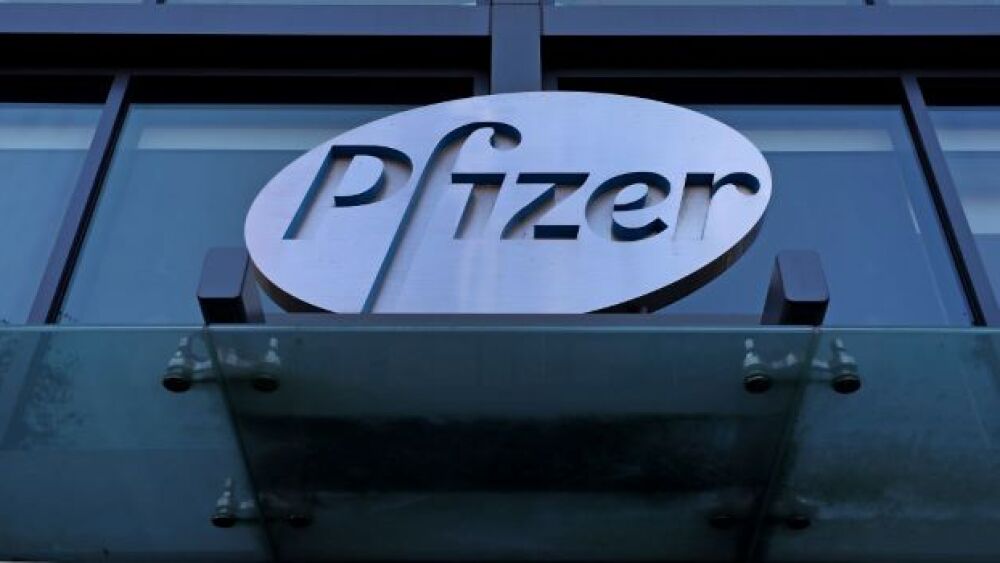Lackluster initial results forces Pfizer to discontinue Phase III trial on a potential drug for symptomatic dilated cardiomyopathy (DCM).
David L. Ryan/The Boston Globe via Getty Images
Pfizer is no longer continuing its Phase III trial on a potential drug for symptomatic dilated cardiomyopathy (DCM) as it is unlikely to achieve its primary endpoint.
PF-07265803 is being tested in the REALM-DCM trial on DCM patients who have developed the disease because of a mutation of the gene encoding the lamin A/C protein. The investigational compound, formerly called ARRY-371797, is a selective, oral, small-molecule inhibitor of the p38α mitogen activated protein kinase pathway.
PF-07265803 demonstrated improvement in functional capacity based on the six-minute walk test on a hard and flat surface during the 48-week Phase III study, which prompted the advancement to Phase III.
Pfizer acquired PF-07265803 when it took over Array Biopharma in July 2019 through a deal valuing the latter at around $11.4 billion.
The placebo-controlled Phase III trial’s goal was to evaluate the compound’s efficacy and safety, with the primary outcome listed as a change from baseline based on the same six-minute walk test at 24 weeks. However, although no safety issues were identified, researchers said PF-07265803 does not exhibit any signs of being close to meeting the primary endpoint. With that said, all activities related to the study will be discontinued immediately.
“This development confirms the complexity of advancing new treatments for rare cardiovascular diseases and the need to further increase knowledge in this space,” Chris Boshoff, M.D., Ph.D., the chief development officer, Oncology and Rare Disease at Pfizer Global Product Development, said. “Although this outcome is disappointing, Pfizer remains committed to continuing our work to evolve the treatment paradigm for patients with rare cardiovascular diseases.”
Patients enrolled in the trial must stop taking the medication but will need to complete any necessary follow-ups and assessments. Pfizer has also begun communicating about the decision with global regulatory authorities and concerned groups. Details on this outcome will be shared in future medical meetings.
The decision wipes off a chunk of Pfizer’s investment in Array, but the good news is that PF-07265803 was not the main reason the company took over in 2019. Pfizer is particularly interested in exploring the combination of Array’s Braftovi (encorafenib) and Mektovi (binimetinib) for the treatment of patients with BRAFV600E or BRAFV600K mutant unresectable or metastatic melanoma. This combo therapy has demonstrated the potential to go beyond its initial planned indications to cover more disease areas with large unmet needs, including colorectal cancer.
“With Array’s exceptional scientific talent and innovative pipeline, combined with Pfizer’s leading research and development capabilities, we reinforce our commitment to advancing the most promising science, regardless of whether it is found inside or outside of our labs,” Mikael Dolsten, the chief scientific officer and president of Pfizer’s Worldwide Research, Development and Medical unit, commented in an earlier statement. Featured Jobs on BioSpace





